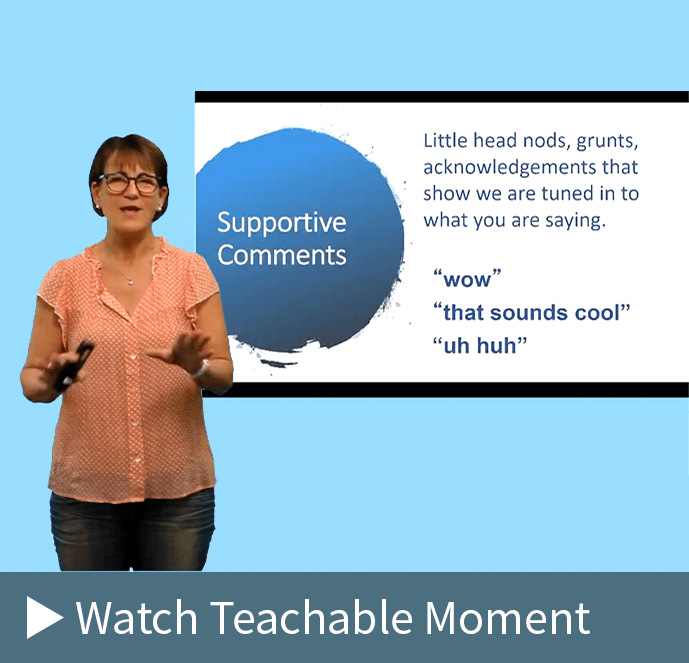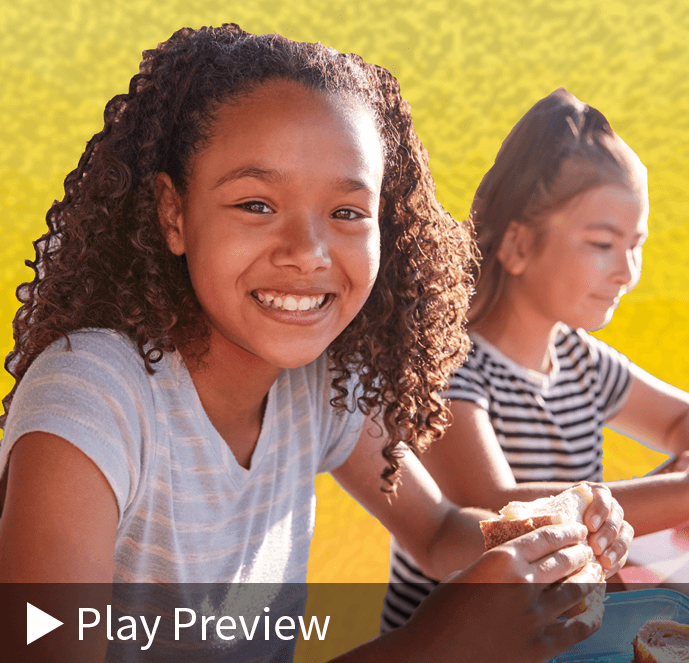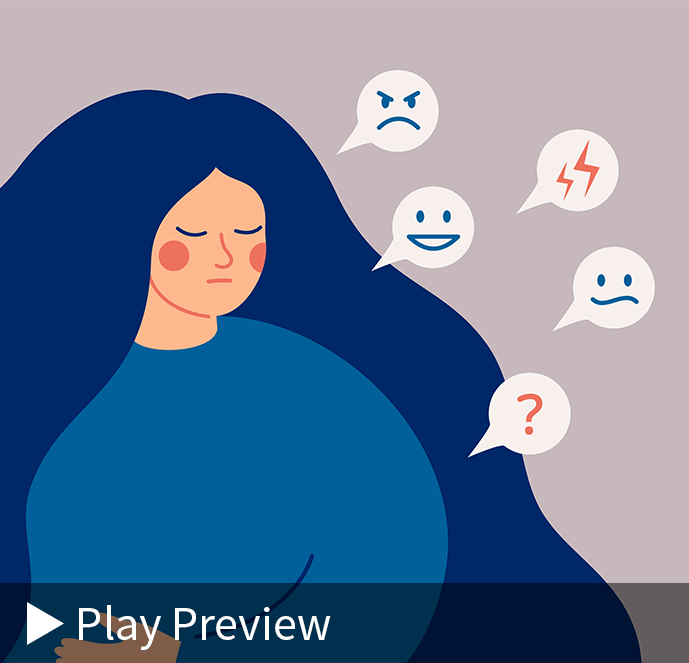Explicit concepts, tools, and practical strategies for young & mature adults
Practical Social Learning Resources for Adults
Social, emotional, and organizational learning is cumulative, dynamic, and expected as we shift through different developmental stages across our lives. This developmental learning curve can be steep, and teens are often unprepared for what it really means to be considered an adult when they celebrate their 18th birthdays. For many young adults, it’s an exciting time to test new freedoms, choices, and experiences but also a confusing, largely unsupported time—and many new adults (and their caregivers!)—are woefully unaware of what awaits them in this brand-new social world where they are fully accountable for the positive and negative consequences of their choices and actions. This includes obeying laws, anticipating how to avoid problems, reading social situations and understanding the unique social expectations for different contexts, communicating effectively, sharing space with others, fostering and maintaining meaningful relationships, and much more. It’s a tall order if this learning isn’t intuitive!
Explore
- Best-Selling & Award-Winning Products
- On Demand Courses
CEs available for select professionals - Free Stuff: Articles & Webinar
- What is Social Thinking?
Bestselling Products to Become a Stronger Social Observer & Strengthen Social Competencies
On Demand Courses—Practical Strategies You Can Use Right Now

Combating Loneliness and Misbehavior
Download this free visual with practical ideas for initiating social conversations, which Michelle Garcia Winner presents in this course.
Loneliness is a dangerous national epidemic that has been growing in depth and complexity for many years. Loneliness not only endangers our mental and physical health, but it also can make us less kind and caring toward others, resulting at times in misbehavior at schools and within our communities. We’ll explore a range of research-informed ways we can cultivate meaningful relationships with others to foster our well-being, as well as kindness, empathy, and generosity of spirit toward others. Now more than ever, building social awareness, managing anxiety, and developing social communication strategies to combat this growing crisis of loneliness is critical for school-age children, tweens and teens, and all the way through the adult years. The 90-day Recorded Replay Access begins at the time of Registration.
1.5 hours of CE credit available for select professionals.

5 Critical Life Skills for Tweens, Teens and Young Adults
Tweens, teens, and young adults are expected to naturally develop social and organizational competencies needed in school and across their lives. However, students with social learning and organized thinking differences (e.g., ADHD, twice exceptional, expressive receptive language, sensory processing, autism levels 1 and 2, etc.) may not intuitively learn these concepts and skills. This course will explore 5 critical life skills related to social emotional learning and organized thinking that can and should be directly addressed and taught to students & clients ages 11-22 in our homes, schools, and clinics. We’ll also review a variety of explicit metacognitive frameworks and practical strategies for teaching and learning these critical social competencies. The 90-day Recorded Replay Access begins at the time of Registration.
2 hours of CE credit available for select professionals.

What’s Alexithymia?
What is alexithymia? It refers to challenges in developing awareness of one’s feelings, identifying, and distinguishing them from other physical sensations—and it’s gaining interest in the research, schools, and clinical arenas. Educators and parents have reported an increase in overall “regulation” challenges in the classroom, on the playground, and during small group activities. We’ll highlight select key aspects of emotional awareness and regulation and its role in perspective taking. Specifically, we’ll explore how alexithymia can impact the building blocks for spontaneous perspective taking across all contexts. We will suggest practical strategies to increase awareness of feelings within the perspective-taking process to use within the classroom, school, community, and home. The 90-day Recorded Replay Access begins at the time of Registration.
1.5 hours of CE credit available for select professionals.
Free Stuff—Learn Essential Social Thinking Concepts for Free
Free Articles
- Teaching an Essential Life Skill: How to Ask for Help
- My Experiences with Social Thinking
- Slow and Fast Theory of Mind: Movie Time Processing Versus Real-Time Functioning
- Dating: A Practical Guide for Autistic People
- What Does the Social World Look Like Through the Eyes of a Social Learner?
- Adults: Becoming the Directors of Their Own Treatment Teams and Treatment Plans
- Adults and Being Social: We're All a Work in Progress!
- Social Thinking & the Transition to Adulthood
- Social Perspective Taking & The 5 Steps of Being with Others
- Social Metacognition: Using Social Emotional Learning to Engage Hope
- Explaining “Social Thinking” to Others: Q&A in Sound Bites
- Respecting Neurodiversity by Helping Social Learners Meet Their Personal Goals
- Addressing Social Competencies and Social Anxiety Using the Spirals of Anxiety
- Preparing for the Transition to Adulthood (Part 1)
- Preparing for the Transition to Adulthood (Part 2)
- Preparing for the Transition to Adulthood (Part 3)
- 10 Levels to Living Independently
- I'm Interested in You—Well, Sort Of: Social Anxiety, Face-to-Face Communication, Digital Devices, and the Art of Saying "Hi"
- Community Is About Caring: Helping Those with Social Anxiety
Free Webinar

How to Ask for Help: Why It’s Hard & How We Can Help
In this webinar, we’ll discuss why children, students, and adults may resist help or refuse to ask for it and we’ll deconstruct the multi-step process through which we ask for help.
What is Social Thinking?
Strategies to Build Social Competencies
The Social Thinking Methodology provides evidence-based strategies to help people ages four through adult develop their social competencies, flexible thinking & social problem solving to meet their own social goals and improve:
- Conversation & social connection
- Executive functioning
- Friendship & relationship development
- Perspective taking
- Self-regulation
- Social Thinking Vocabulary
